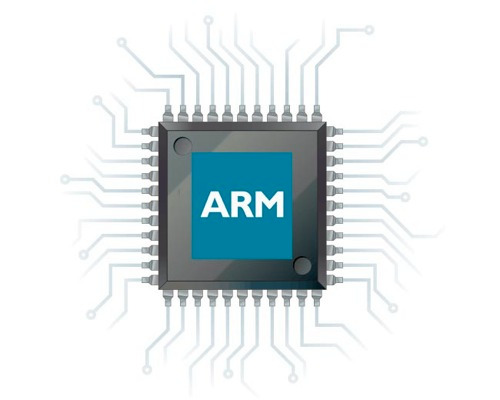Differences
This shows you the differences between two versions of the page.
|
ass:labs-2025:04:tasks:02 [2025/08/07 14:50] florin.stancu |
ass:labs-2025:04:tasks:02 [2025/08/07 20:54] (current) florin.stancu |
||
|---|---|---|---|
| Line 36: | Line 36: | ||
| <note warning> | <note warning> | ||
| - | Keep the partition labels as commented! | + | Make the partition have the labels documented above (as they are used throughout the RAUC scripts and/or in u-boot)! |
| </note> | </note> | ||
| Line 47: | Line 47: | ||
| - Mount the partitions created previously (already in script); | - Mount the partitions created previously (already in script); | ||
| - Extract the previously-obtained Debian ''debrootfs.tar.gz'' on each rootfs A/B partition (a simple ''tar xf'' will suffice); | - Extract the previously-obtained Debian ''debrootfs.tar.gz'' on each rootfs A/B partition (a simple ''tar xf'' will suffice); | ||
| + | |||
| + | Note: you will lack ''flash_emmc.bin'' required by this script. So let's proceed without testing, for now. | ||
| + | |||
| + | === Entering the rootfs === | ||
| + | |||
| + | If you wish to enter your newly bootstrapped Debian rootfs, you can use the following script: | ||
| + | |||
| + | <file bash enter-rootfs.sh> | ||
| + | #!/bin/bash | ||
| + | set -e | ||
| + | |||
| + | ROOTFS=$1 | ||
| + | |||
| + | if [[ -z "$ROOTFS" ]] || [[ ! -d "$ROOTFS/usr/bin" ]]; then | ||
| + | echo "[!] Invalid rootfs argument: '$ROOTFS'" | ||
| + | exit 1 | ||
| + | fi | ||
| + | |||
| + | cleanup() { | ||
| + | echo "[*] Cleaning up..." | ||
| + | for sub in dev/pts dev proc sys run; do | ||
| + | if mountpoint -q "$ROOTFS/$sub"; then | ||
| + | echo " Unmounting $ROOTFS/$sub" | ||
| + | sudo umount "$ROOTFS/$sub" || true | ||
| + | fi | ||
| + | done | ||
| + | } | ||
| + | trap cleanup EXIT | ||
| + | |||
| + | echo "[+] Binding chroot filesystems..." | ||
| + | for fs in dev dev/pts proc sys run; do | ||
| + | sudo mount --bind "/$fs" "$ROOTFS/$fs" | ||
| + | done | ||
| + | |||
| + | echo "[+] Ensuring /etc/resolv.conf for DNS inside chroot" | ||
| + | sudo cp /etc/resolv.conf "$ROOTFS/etc/resolv.conf" | ||
| + | |||
| + | echo "[+] Entering your chroot shell..." | ||
| + | echo "Type exit to leave" | ||
| + | sudo chroot "$ROOTFS" /usr/bin/qemu-aarch64-static /bin/bash | ||
| + | </file> | ||
| + | |||
| + | You can even run ''apt install'' in there ;) | ||

